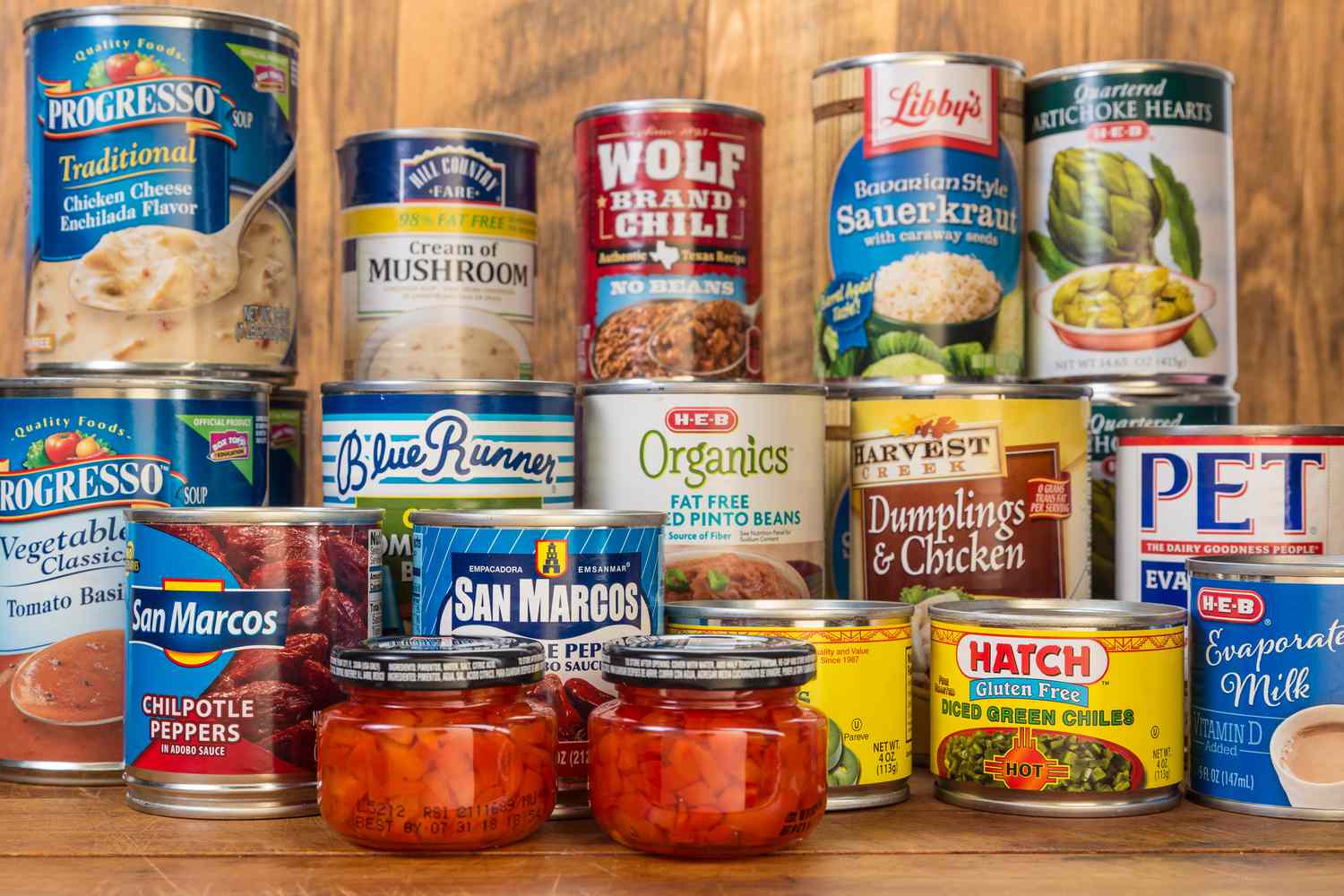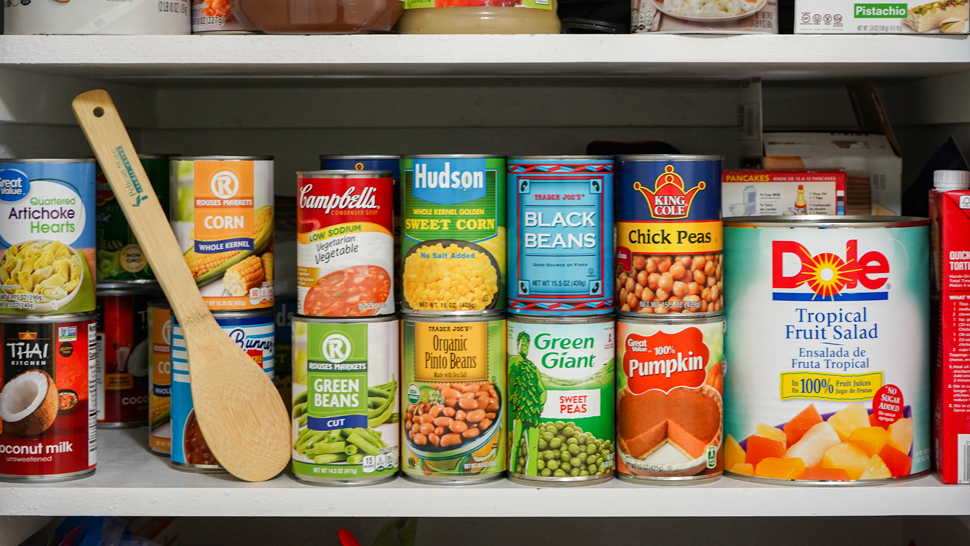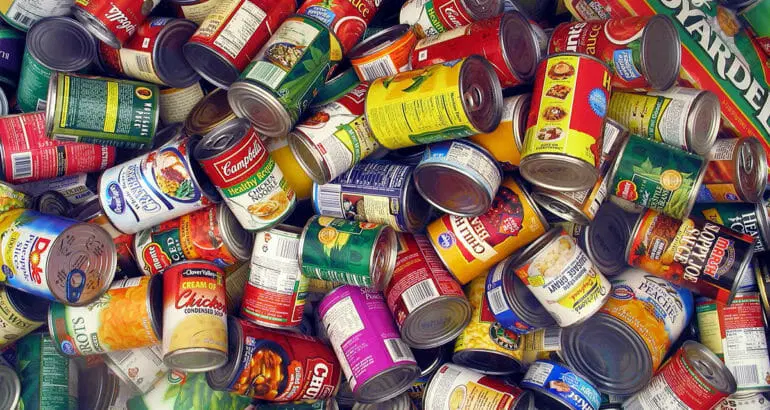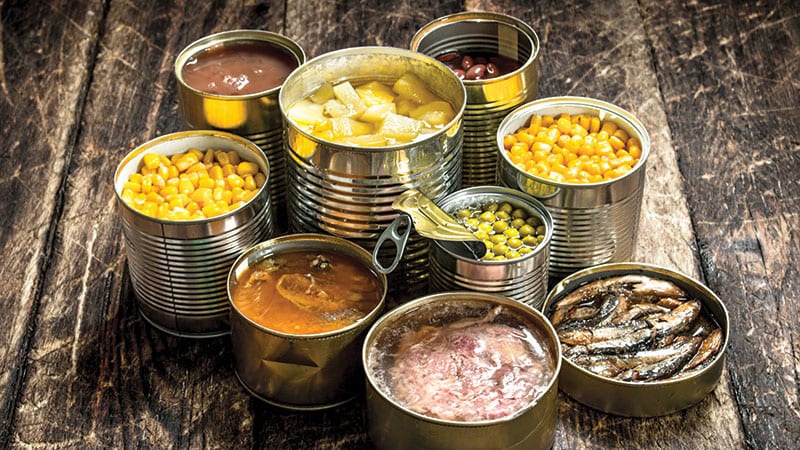“Sustainability Challenges and Solutions in the Dairy Industry” delves into the environmental, social, and economic challenges faced by the dairy industry, along with potential solutions to address these issues and promote sustainable practices. The dairy industry is a vital component of the global food system, providing essential nutrients and supporting livelihoods worldwide. However, it also poses significant sustainability challenges that must be addressed to ensure long-term viability and reduce its environmental footprint.
Some of the key sustainability challenges in the dairy industry include:
1. Environmental Impact: Dairy production can contribute to greenhouse gas emissions, water pollution, and habitat destruction through land use change and intensive farming practices.
2. Resource Use: Dairy farming requires significant amounts of water, land, and feed resources, leading to concerns about resource depletion and competition with other agricultural sectors.
3. Animal Welfare: Ensuring the health and well-being of dairy animals is essential for ethical and sustainable dairy production, but concerns persist about issues such as confinement, disease prevention, and access to pasture.
4. Supply Chain Sustainability: The dairy supply chain involves various stakeholders, including farmers, processors, retailers, and consumers, each of whom plays a role in influencing sustainability outcomes. Improving transparency, traceability, and collaboration across the supply chain is crucial for promoting sustainability.
To address these challenges, several solutions and strategies can be implemented in the dairy industry:
1. Sustainable Farming Practices: Encouraging the adoption of sustainable farming practices, such as rotational grazing, nutrient management, and agroforestry, can help reduce environmental impacts and enhance soil health and biodiversity.
2. Efficiency Improvements: Increasing the efficiency of dairy operations through better feed management, optimized herd health practices, and investment in technology and infrastructure can reduce resource consumption and production costs.
3. Renewable Energy Adoption: Integrating renewable energy sources, such as solar and wind power, into dairy operations can help reduce greenhouse gas emissions and reliance on fossil fuels.
4. Collaboration and Certification: Collaboration among stakeholders and certification programs, such as organic and animal welfare certifications, can promote transparency, accountability, and continuous improvement in sustainability performance.
5. Consumer Education and Engagement: Raising awareness among consumers about the environmental and social impacts of dairy products and empowering them to make informed purchasing decisions can drive demand for more sustainable dairy products and encourage industry-wide change.
By addressing these sustainability challenges and implementing solutions at various levels of the dairy supply chain, the industry can move towards a more sustainable and resilient future, balancing the needs of people, planet, and profit.




